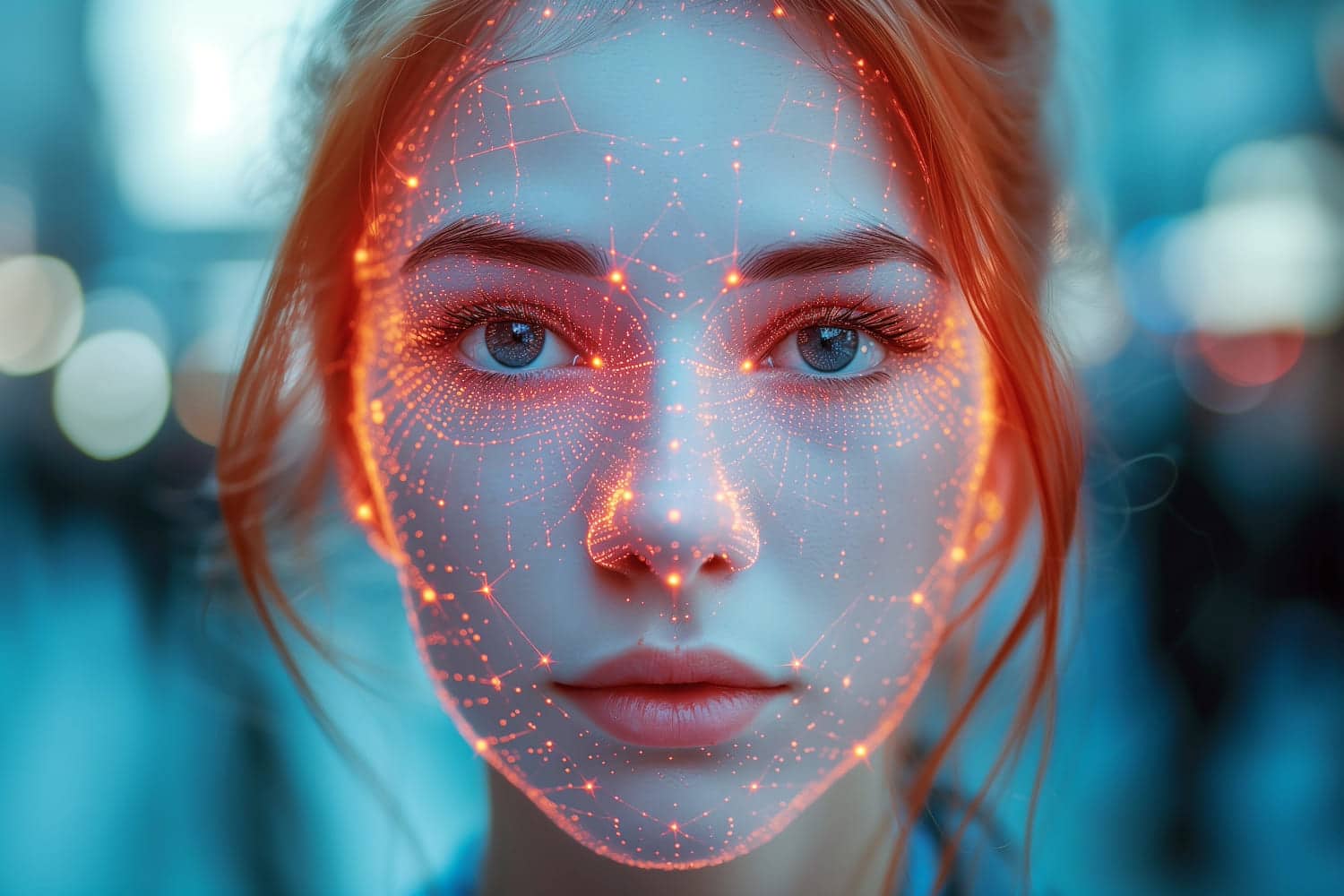If you work in AI, digital identity or cybersecurity, this agenda is for you.
We’ve gathered the must-attend summer events for professionals driving digital transformation.
Progress on biometric age verification for purchasing alcohol in Washington

In the state of Washington, a new bill opens the door to the use of biometric information to verify the age of alcohol buyers.
I
n a unanimous decision, Washington state senators approved a groundbreaking bill that facilitates biometric verification when purchasing alcohol in bars, restaurants, shops, or sporting events. Named SB 6179, the bill aims to provide clarity to businesses on the regulated use of biometrics to confirm the age of consumers. Although it is already legal to use biometrics for this purpose in the state, the new plan establishes specific guidelines for the use of fingerprints, palms, irises, faces, voices, or other biometric data within establishments.
Age verification with informed consent and technical security
Legislation, still pending approval from the lower house and the governor’s signature, emphasises the importance of safeguarding privacy and complying with regulations. According to the bill, data collected during the verification process cannot be used for any purpose other than confirming the consumer’s age. This measure ensures privacy and data protection, setting a clear standard for businesses opting to provide biometric systems.
Consumers must also be transparently informed about the specific data collected during these checks, ensuring heightened awareness of biometric technology usage. The required consent must be obtained in all cases before enrolling in the biometric system. Additionally, the project mandates the encryption of all biometric data, prohibiting companies from selling it to third parties.
The initiative responds to rapid technological advancements, parallel to consumers’ demands for safer and more agile identification services. It also aims to establish regulatory frameworks for the adoption of biometric age verification systems, preserving individuals’ privacy rights.
Currently, there is no state law expressly prohibiting biometric age verification when purchasing alcohol, but senators advocating for this new framework highlight that clearer and more transparent guidance on the technology would be beneficial for establishments hoping to use it.
Senator Drew MacEwen emphasized, following the project’s approval on February 12, the importance of allowing these technologies to become part of businesses in the state, opening new business opportunities and collaborations. Senate Bill 6179 would be optional for both businesses and customers, allowing businesses to partner with companies offering biometric technology. The proposal has garnered support from business groups, technology companies, and large venues such as Seattle’s Climate Pledge Arena, who see biometric technology as an efficient way to streamline queues and purchasing processes, especially in crowded events.
Long-term impacts of biometric applications
The new regulation could set a precedent for similar legislation in other states, as biometric technology plays an increasingly important role in identity verification across various industries (airports, accommodations, gaming, etc.).
If the governor signs the bill before March 7, this legislative advancement will update the debate on the responsible and respectful use of biometrics and its consequences on individual privacy. Although biometric technology offers a more accurate and efficient solution for age verification compared to easily manipulable traditional methods, lawmakers emphasize the need to establish robust protections and clear limits for such projects.
Request personalized guidance from our experts in digital identification and biometrics
























